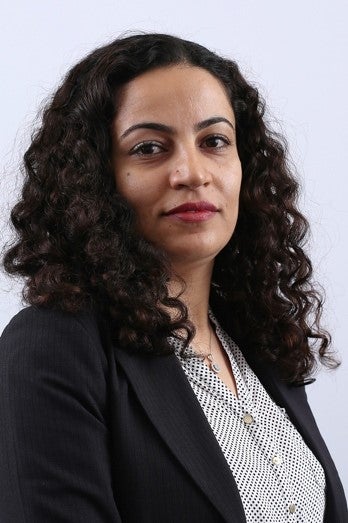The majority of legacy separation and purification systems rely on thermally driven phase changes under cryogenic conditions and therefore are inherently energy intensive. In addition, their operation relies on hydrocarbon sources and therefore produces a large amount of greenhouse gases. As we make transition to a clean-energy and clean-electricity future over the next 30 years, we need to reduce the dependency of chemical separations to thermally driven processes. Advanced separation units that make use of membrane or adsorption processes can offer a more efficient alternative to the existing separation systems, largely because many of these systems avoid the need to input thermal energy to achieve phase changes. Unfortunately, there are many issues that must be resolved before new non-thermal separations applications can be developed as we develop negative emission technologies for a sustainable future. In particular, with regards to adsorption, recent advances in materials design and discovery have resulted in development of promising materials for various separation processes. Despite such advances, critical challenges remain for the separations community to confront. The primary key challenges facing adsorptive separation include the lack of fundamental understanding of competitive/cooperative effects that can dramatically influence selectivity, capacity, and throughput in complex mixtures; the lack of a thorough understanding of temporal changes that sorbent materials undergo through many separation cycles; and scale-up. In this talk, I will discuss the gaps, challenges, and future opportunities through adsorptive separation, followed by a brief discussion on our research activities that have been conducted in the past few years towards sustainable processes and net zero emission.

Dr. Rezaei is an Endowed Associate Professor of Chemical and Biochemical Engineering at Missouri S&T. The primary focus of her Adsorption and Separation Laboratory is on creating, understanding, and rationally engineering advanced materials and processes for energy and environmental applications through innovative and scalable processing strategies. She received her dual-award Ph.D. degrees in Chemical Engineering from Monash University in Australia and LTU in Sweden in 2011. She spent three years as a postdoctoral associate with Chris Jones and Bill Koros at Georgia Tech, where she investigated composite hollow fiber adsorbents for energy-intensive gas separations. She joined the Department of Chemical and Biochemical Engineering at Missouri S&T in 2014. During her academic career, Dr. Rezaei has co-authored over 130 peer-reviewed publications, two book chapters, and was listed as a co-inventor on 4 issued patents and over 4 patent applications. Her research has been recognized by various awards including the 2021 ACS Women Chemists Committee (WCC) Rising Star Award; 2020 UM System president’s Award for Career Excellence-Early Career; 2018 ACS Award for Excellence in Publication; as well as 2021 and 2018 Missouri S&T Faculty Research Award. Currently she serves as Associate Editor of ACS Energy & Fuels journal and editorial member of Journal of CO2 Utilization and Frontiers in Energy Research.

